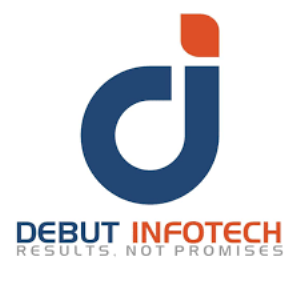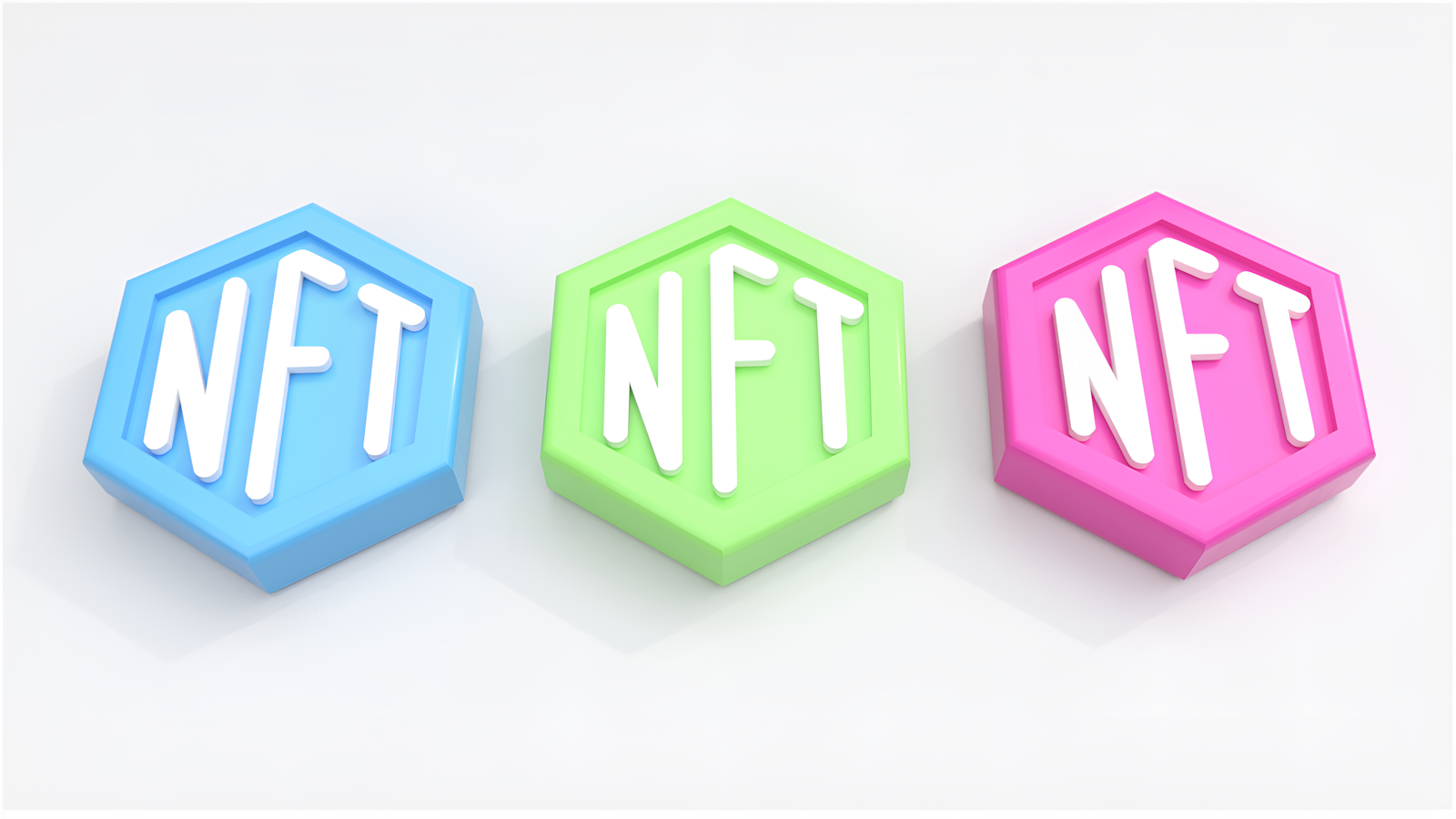How to Build a Successful NFT Marketplace Development in 2024
 Liam Clark
Liam Clark
Introduction
NFTs, or non-fungible tokens, have taken the digital world by storm, transforming how we buy, sell, and own digital assets. From digital art to virtual real estate, NFTs are creating new opportunities and revolutionizing various industries. Central to this revolution are NFT marketplace development services, where these unique digital assets are traded. But how do you develop such a marketplace? Let's dive in.
Understanding NFT Marketplaces
Definition of NFT Marketplaces
An NFT marketplace development services is an online platform where users can create, buy, sell, and trade NFTs. These marketplaces facilitate transactions by providing the necessary infrastructure to mint, store, and transfer NFTs securely.
Importance of NFT Marketplaces in the Digital Economy
NFT marketplaces play a crucial role in the digital economy by enabling artists, gamers, and other creators to monetize their digital creations. They offer a decentralized way to establish ownership and authenticity, which is pivotal in a world where digital content is easily replicable.
Types of NFT Marketplace Development
Open vs. Closed Marketplaces
Open marketplaces allow anyone to mint and trade NFTs, providing a diverse range of digital assets. Examples include OpenSea and Rarible. In contrast, closed marketplaces are curated and only allow selected artists or creators to mint NFTs, such as Foundation.
General vs. Niche-Specific Marketplaces
General marketplaces cater to a wide variety of digital assets, while niche-specific marketplaces focus on particular types of NFTs, such as art, music, or gaming items.
Key Features of an NFT Marketplace
User-Friendly Interface
A seamless and intuitive user experience is vital. Users should find it easy to navigate, browse, and conduct transactions on the platform.
Secure Transactions
Security is paramount in NFT marketplaces. Ensuring secure transactions through robust encryption and blockchain technology builds trust among users.
Wallet Integration
Integration with digital wallets, such as MetaMask, is essential for users to store and manage their NFTs and cryptocurrencies.
Smart Contract Support
Smart contracts automate transactions and enforce rules without intermediaries, ensuring transparency and trust.
Search and Filter Options
Advanced search and filter options help users find specific NFTs quickly and efficiently.
Steps to Develop an NFT Marketplace
Ideation and Market Research
Start by researching the market to understand the demand and identify your target audience. This will help in shaping your marketplace's vision and goals.
Design and Prototyping
Create wireframes and prototypes to visualize the marketplace's design and functionality. User feedback at this stage is invaluable.
Smart Contract Development
Smart contract development services to handle the minting, buying, selling, and trading of NFTs. Solidity is commonly used for Ethereum-based contracts.
Backend Development
Build the backend to manage user data, NFT metadata, and other critical functions. This involves setting up servers, databases, and APIs.
Frontend Development
Develop the user interface using technologies like React or Angular, ensuring it's responsive and user-friendly.
Testing and Quality Assurance
Thoroughly test the marketplace to identify and fix any bugs or security vulnerabilities. User feedback during this phase is crucial.
Deployment and Maintenance
Deploy the marketplace on a reliable blockchain platform and continuously monitor and maintain it to ensure optimal performance.
Technologies Used in NFT Marketplace Development
Blockchain Platforms
Popular custom blockchain development platforms for NFT marketplaces include Ethereum, Binance Smart Chain, and Flow. Additionally, Polkadot is emerging as a strong contender due to its scalability and interoperability features.
Smart Contract Languages
Solidity is widely used for Ethereum smart contracts, while Rust is popular for Solana. Choose a language based on your chosen blockchain.
Frontend Technologies
React, Angular, and Vue are common choices for building responsive and dynamic user interfaces.
Backend Technologies
Node.js and Python are popular for backend development due to their flexibility and scalability.
Benefits of Developing an NFT Marketplace
Ownership and Authenticity Verification
NFTs provide verifiable proof of ownership and authenticity, which is essential in the digital age.
New Revenue Streams
Creators and businesses can explore new revenue streams by selling digital assets and earning royalties on secondary sales.
Enhanced Engagement with Users
NFTs foster deeper engagement by allowing users to own a piece of their favorite content, whether it's art, music, or virtual goods.
Interoperability
NFTs can be used across different platforms and applications, enhancing their utility and value.
Challenges in NFT Marketplace Development
Scalability Issues
Blockchain scalability can affect transaction speeds and costs. Solutions like layer 2 scaling are being developed to address this.
High Transaction Fees
Gas fees on networks like Ethereum can be high, making transactions expensive. Choosing the right blockchain can mitigate this. For instance, Polkadot offers lower transaction fees and faster processing times compared to some other platforms.
Regulatory Compliance
Navigating the regulatory landscape for NFTs can be challenging, as laws vary by region and are still evolving.
Security Concerns
Ensuring the security of the platform and user data is critical. Regular security audits and robust encryption are necessary.
NFT Marketplace Monetization Strategies
Transaction Fees
Charging a small fee on each transaction is a common way to generate revenue.
Listing Fees
Some marketplaces charge creators a fee to list their NFTs.
Premium Memberships
Offering premium features or memberships can provide additional revenue streams.
Advertisements
Displaying ads on the platform can be another source of income.
Security Measures for NFT Marketplaces
Encryption Techniques
Using advanced encryption techniques ensures the security of transactions and user data.
Multi-Factor Authentication
Implementing multi-factor authentication (MFA) adds an extra layer of security for users.
Regular Security Audits
Conducting regular security audits helps identify and fix vulnerabilities promptly.
Future Trends in NFT Marketplaces
Integration with VR and AR
Combining NFTs with VR and AR can provide immersive experiences, enhancing their appeal and utility.
Expansion into New Industries
NFTs are moving beyond art and gaming into industries like real estate, fashion, and entertainment.
Enhanced User Experiences
Future marketplaces will focus on providing more engaging and user-friendly experiences to attract and retain users.
For more information click on our blog on A Comprehensive Guide to NFT Marketplace Development on Polkadot.
Choosing the Right NFT Marketplace Development Service Provider
Experience and Expertise
Look for a provider with proven experience in blockchain and NFT development.
Portfolio and Client Reviews
Review their portfolio and client testimonials to gauge their reliability and quality of work.
Cost and Time Estimates
Ensure they provide clear cost and time estimates for the project.
Post-Development Support
Ongoing support is crucial for maintaining and updating the marketplace.
Cost of Developing an NFT Marketplace
Factors Influencing the Cost
Factors such as the complexity of features, blockchain choice, and development team expertise can influence the cost.
Average Cost Breakdown
Development costs can range from $50,000 to $500,000, depending on the project's scope and requirements.
Conclusion
NFT marketplaces are reshaping the digital landscape, offering unprecedented opportunities for creators and collectors. While developing an NFT marketplace comes with challenges, the benefits far outweigh the hurdles. By understanding the key features, and development steps, and choosing the right service provider, you can build a successful and secure NFT marketplace. The future of NFTs looks bright, with continuous innovations driving the industry forward. For instance, developing on Polkadot can provide significant advantages in terms of scalability and interoperability, making it a strong candidate for your NFT marketplace.
FAQs
1. What is an NFT?
An NFT, or non-fungible token, is a unique digital asset that represents ownership of a specific item, verified using blockchain technology.
2. How does an NFT marketplace work?
An NFT marketplace allows users to create, buy, sell, and trade NFTs. It provides the infrastructure for minting NFTs, conducting transactions, and ensuring secure storage.
3. What blockchain platforms are best for NFT marketplaces?
Popular blockchain platforms for NFT marketplaces include Ethereum, Binance Smart Chain, and Flow. Additionally, Polkadot is emerging as a strong contender due to its scalability and interoperability features.
4. What are the common monetization strategies for NFT marketplaces?
Common monetization strategies include charging transaction fees, listing fees, offering premium memberships, and displaying advertisements.
5. How can I ensure the security of my NFT marketplace?
Ensuring security involves implementing advanced encryption, multi-factor authentication, and regular security audits to identify and fix vulnerabilities.
Subscribe to my newsletter
Read articles from Liam Clark directly inside your inbox. Subscribe to the newsletter, and don't miss out.
Written by

Liam Clark
Liam Clark
I am Liam, working as an AI consultant at Debut Infotech, a top-notch technology company specializing in delivering top-quality blockchain, AI/ML, crypto, web, and mobile solutions to businesses of all sizes. As a top-notch AI consultant, we aim to deliver quality solutions to businesses around the world. With a team of 100+ leading professionals, we’re continuously building innovative solutions for businesses tailored to their needs and requirements.